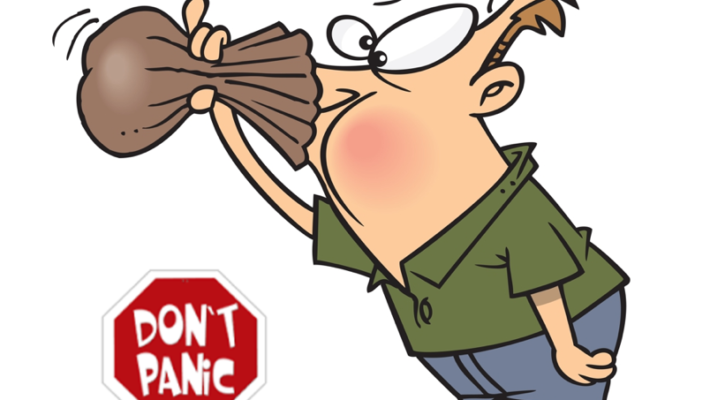
A pain in the rear: A neurosurgeon’s perspective
Back pain!
Almost everyone gets back pain at some part of their life. Deciding when to just take it easy, when to call your doctor or when to Uber to the Emergency Room can be an intimidating but important distinction.
Time is on your side
An old, wise neurosurgery professor once told me that “no one ever died from back pain”. What he was getting at is that neurosurgeons have a hierarchy of worry: we worry less about back pain than symptoms going into a leg or both legs. Also, if we breakdown what modalities run in the nerves, we find pain fibers, sensation fibers and “motor” fibers (the nerves that connect to the muscles and make them fire or function). It sounds unkind, but we worry about pain less than we worry about numbness and we worry about any weakness in the legs more than numbness.
For most people, episodes of back pain stay in the back itself, without traveling into the legs. The good news is that at least 80% of the time, this back pain gets better with time on its own. In that time, anti-inflammatory medicines and moderate activity (I advise just walking) can help while the body heals.
When an unpleasant guest won’t leave
If your symptoms are not improving, you and your primary care provider will need to step up your game. Prescription anti-inflammatory medicines, pain and muscle relaxant prescriptions may be appropriate at this stage. Physical therapy and chiropractic treatments can be extremely effective.
I always tell my patients, if you are seeing daylight (even a little bit) with these treatments, keep going. If no improvement or symptoms are worsening, it is probably time for imaging (an Xray or MRI). With that in hand, you are now (unfortunately) becoming more “interesting” to interventional pain doctor’s (think of epidural injections). If these interventions fail to help, then it is probably time to sit down with a neurosurgeon and discuss possible surgical options.
Open that Uber App!
If you have ever hit the ER with back pain, you were likely asked: “any weakness, numbness, bowel or bladder changes?”. The physician is trying to assure that you do not have severe pressure on the spinal nerves that is resulting in “cauda equina syndrome”, which can be a surgical emergency. If you want to capture a neurosurgeon’s attention, mention “saddle anesthesia” (think of numbness where a horse’s saddle would contact the groin and inside of the legs) or new difficulty getting the stream of urine going or not being able to empty the bladder. New onset of weakness, especially pulling the foot back or pressing it down may also make you and a neurosurgeon closer friends!
Any of these findings should prompt a call to your primary care physician. If you cannot get hold of her, your next call should be to family, friends or that neighbor who owes you a favor, you are headed to the ER!



